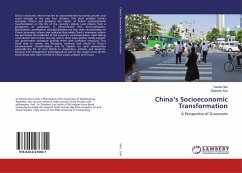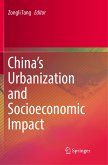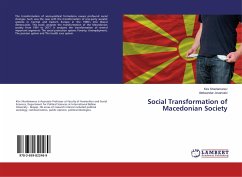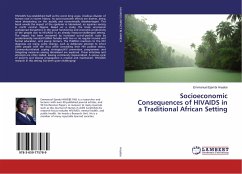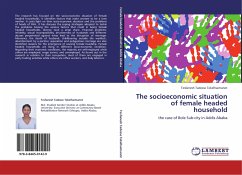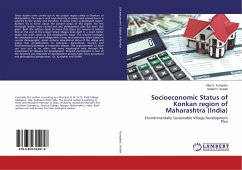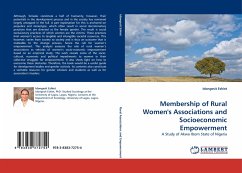China's economic reform has led to unprecedented economic growth and social changes in the past four decades. This book analyses China's economic reform and examines the impact of China's socioeconomic transformation on the life of the country's elderly rural citizens from a perspective of grassroots. It demonstrates that decentralization, liberalisation, privatisation and globalisation are four main characteristics of China's economic reform and indicates that while China's economic reform has promoted the livelihood of the country's rural population, most elderly rural citizens lack income security, and in some cases neither family support nor government assistance provide them with sufficient resources. This book aims to convey the thoughts, methods and results of China's socioeconomic transformation and its impacts on rural communities especially the life of rural elderly to researchers, scholars and students, business and management professionals as well as the readers from all the social strata who have interest in China's past, present and future.
Bitte wählen Sie Ihr Anliegen aus.
Rechnungen
Retourenschein anfordern
Bestellstatus
Storno

